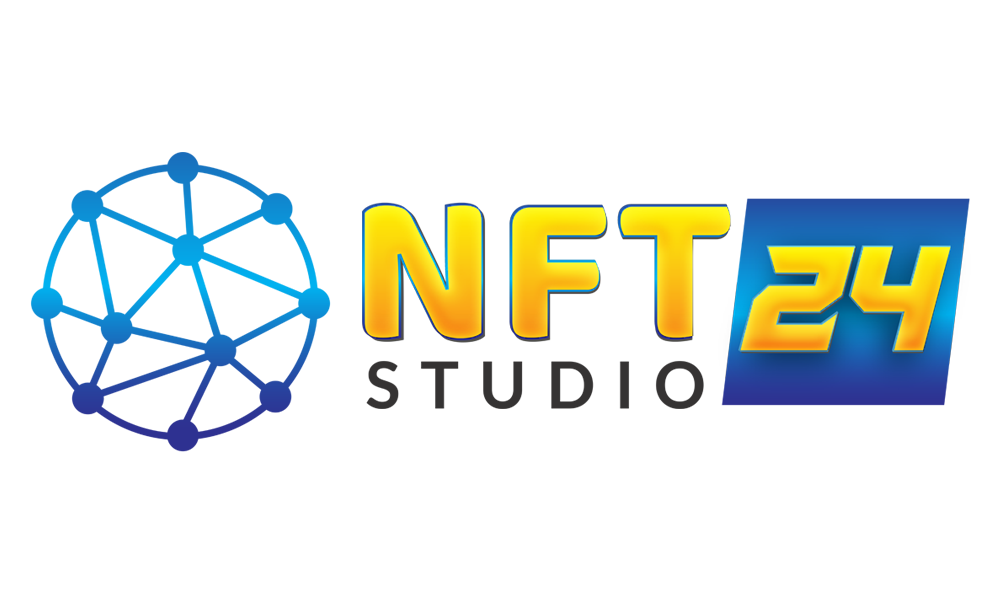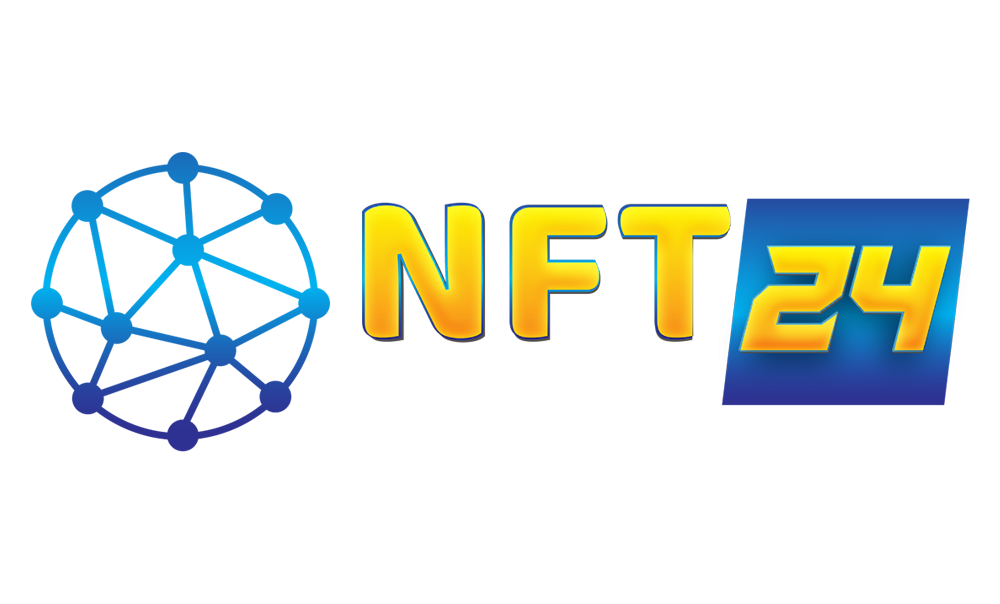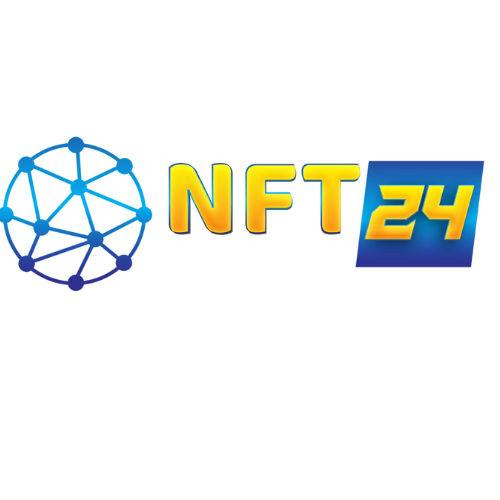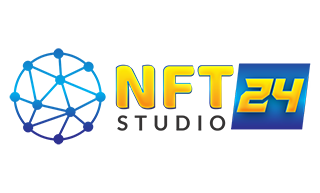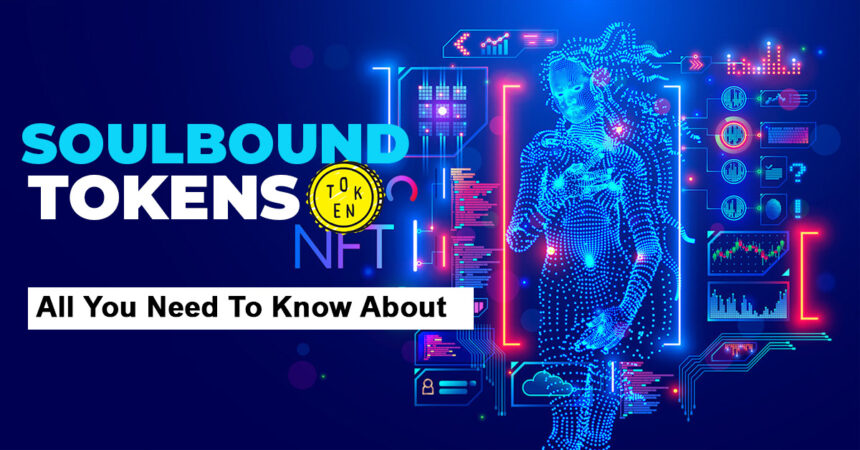Soulbound tokens (SBTs), non-transferable NFTs, are a step towards a decentralized society for identifying information using blockchain technology. Ethereum co-founder Vitalik Buterin, lawyer Puja Ohlhaver, and E. Glen Weyl, an economist and social technologist, introduced the concept in May 2022 in a whitepaper entitled “Decentralized Society: Finding Web3’s Soul.”
Source: Medium
The paper lays out the foundation of a user-dominated, fully decentralized society (DeSoc). It also explains how Soulbound tokens (SBTs) can function as our everyday credentials.
With the advent of Web 3.0 technology, decentralized Society has always been the prime focus of markets and politics. Some of the main principles of the decentralized society include innovative network designs, composability, bottom-up community alignment, and cooperation. Though creating an utterly decentralized economy is still far from reality, it is a step in the right direction.
Well, the concept is new, so you must be curious to know what soulbound tokens are, how they work, and how they can benefit in the future. Let’s dig deeper to find out the answers.
What Are Soulbound Tokens (SBTs)?
SoulBound Tokens(SBTs) are a unique, primitive, foundational building block in an emerging Web3 trend known as the Decentralized Society. They represent commitments, credentials, and affiliations. Each crypto wallet is described as a “Soul” where it can store SBTs. Soul wallets are responsible for verifying the data of these non-transferable tokens before issuing them for storage. Moreover, these tokens are public on blockchains, so everyone can look them up for different purposes.
People may have multiple wallets (or Souls) representing different parts of their lives. For instance, you could have a “Credentials Soul” for your work history and a “Medical Soul” for your health records. Souls and SBTs would allow people to build a verifiable digital Web 3.0 reputation based on their past actions and experiences.
Contrarily, Souls can also represent an entity that allocates SBTs. For example, companies can be Souls, issuing SBTs to each employee. A digital country club could give SBTs to verify membership status.
The aim of initiating these tokens is to create an individual’s or entity’s reputation. Therefore, the logic behind Soulbound stems from the famous online game World of Warcraft. In the game, players can also not sell their unique items. Once collected, these items will always be part of the player’s game.
How Do Soulbound Tokens Work?
SBTs are non-transferrable tokens, indicating the holder can’t send them to another wallet. This unique feature distinguishes them from cryptocurrencies, NFTs, and other crypto assets. The unique feature paves the way for transparent and immutable methods for storing trust and credentials on the blockchain. For example, if you take out a loan and repay it on time, your trust score could be updated and represented in an SBT.
Reputation plays an important role. In the future, other lenders may consider the recorded score to define the terms of another lending agreement. Similarly, if you fail to repay a loan on time, your SBT will show other lenders your higher risk profile or a lower trust score. This trust score could lay the foundations for an entirely new Web3 trust economy rather than relying on previous old systems and financial models.
Use Cases Of SBTs
However, SBTs are still researching how they can enhance productivity using web 3.0 technology. But we still have fewer potential use cases in implementation for SBTs.
Medical Record
Switching doctors or insurance providers can be a frustrating experience. It requires spending hours on the phone requesting medical history, verifying your identity, and remembering if you used your mother’s maiden name or what answer you saved as a security question. SBTs can help replace this inconvenient and irritating process with a medical Soul that keeps all your medical records.
Uncollaterized Lending
Traditional financial markets are still working on credit. To date, crypto projects struggle to solve this problem at scale due to technical limitations around proving an individual’s or institution’s ability to pay back a loan.
Uncollateralized lending in the DeFi space is impossible because of the anonymity element. For enterprises and protocols like Aave and Compound, it’s hard to count on random borrowers in the virtual network. Moreover, no mechanism is currently available to identify the background or calculate borrowers’ credit scores as conventional financials do. But with SBTs, lending institutions can resolve this huge problem.
DAO Sybil Attack Protection
One of the biggest threats faced by decentralized autonomous organizations (DAOs) is a Sybil attack, wherein an individual or coordinated group of individuals gather a critical mass of governance tokens and manipulate proposal voting in their favor. In the Sybil attack, the attacker acquires 51% voting power to pass the fraudulent proposal. These attacks are too dangerous for DAOs as they can provide direct access to attackers.
With the use of SBTs, DAOs can mitigate this risk by computing over a Soul’s constellation of SBTs to differentiate between unique Souls and probable bots and denying any voting power to a Soul that appears to be a Sybil.
Non-Fungible Tokens (NFTs)
After years of growth, NFTs are indispensable to the crypto world. If you are not new to the NFT world, you must know many NFT collections are worth millions of dollars. Bored Ape Yacht Club and CryptoPunks are the recent and known examples. However, many limitations and copycats still follow NFT artists or even users. According to Vitalik Buterin, SBT is the solution since it is non-transferable, empowering the artists’ ownership.
Imagine an NFT artist releases his first collection to the market, and immediately an SBT is issued for him as proof of ownership. The artist can not send the SBT to other artists, and he can build a reputation around NFT collections.
Some other use cases are:
- Storing digital ID cards or memberships
- Certifying achievements, like job history or education
- Verifying attendance to an event, similar to a Proof of Attendance Protocol
- Using social recovery to gain access to an individual’s lost private keys
Can I buy Soulbound Tokens?
Soulbound tokens (SBTs) cannot be bought or sold similarly to other digital assets like cryptocurrencies or NFTs. SBTs are a person’s own unique digital identity. As a result, you cannot transfer SBTs across the blockchain between wallets or users. Thus you cannot trade these tokens on a digital asset exchange.
The only cross-blockchain “transfer” that an SBT goes through is upon its issuance by one soul (or SBT wallet) to another. Only the issuer can sell the SBT. Suppose an individual might buy an online coding course and, upon completion, receive an SBT from the course creator.
What happens if you lose your Soul?
The soul is the essence of these tokens. So what happens if your Soul wallet is hacked? Or if you lose the key to your Soul address? NFT community also faces thefts and malicious scams; it’s crucial to have proper safeguards or contingency plans to prevent identity theft.
Buterin has proposed community-wide adoption of the social recovery model to prevent SBT thieves. Though it is still on paper, users can appoint individuals or institutions as “guardians” who can access and change the private keys to their wallets with social recovery. However, an individual would face deep interrogation to recover stolen SBTs if the people they appoint as guardians pass away or their relationship breaks down.
Drawbacks Of SBTs
Any new technology or invention has the probability of posing some threats as well. The non-transferable tokens are no different. We can expect bad actors to use these tokens to discriminate against any community member. As stated by the author in the white paper, a database of SBTs could provide a way to automate red-lining of disfavored social groups or even target them for cyber or physical attacks, enforce restrictive migration policies, or make predatory loans.
When will SBTs be available?
The paper’s co-author, E. Glen Weyl, originally predicted that SBTs could become available by the end of 2022 in an interview with Jason Levin. Several developing projects using the technology have already popped up. But this is just in the initial phase, and the industry may have to wait a while to see the DeSoc Buterin described in his paper.
Final Thoughts
Currently, the SBTs are only a few months old. The creators and experts still need time to discuss and design the ideas, use cases, and implementations. But Soulbound Tokens have enormous potential to become a foundation of the Decentralized Society movement, which will aid communities to work around shared networks and goods owned and managed by the Souls that use them.
Soulbound tokens can also help resolve the issue of trust in Web3 by creating an entity’s or individual’s reputation. The non-transferability feature could also prevent Web 3.0 from scams. Though SBTs are revolutionary concepts yet have a long road ahead for adoption by the masses.
Despite its potential to make revolutionary changes in web 3.0 technology, we can’t ignore the threats of misusing data and creating targeted problems. Thus, before officially officiating its practice, the idea’s developers or curators must provide souls a way to secure their wallets.
